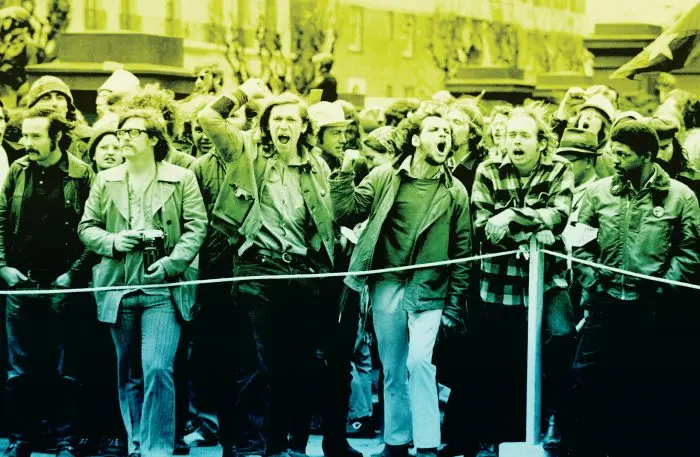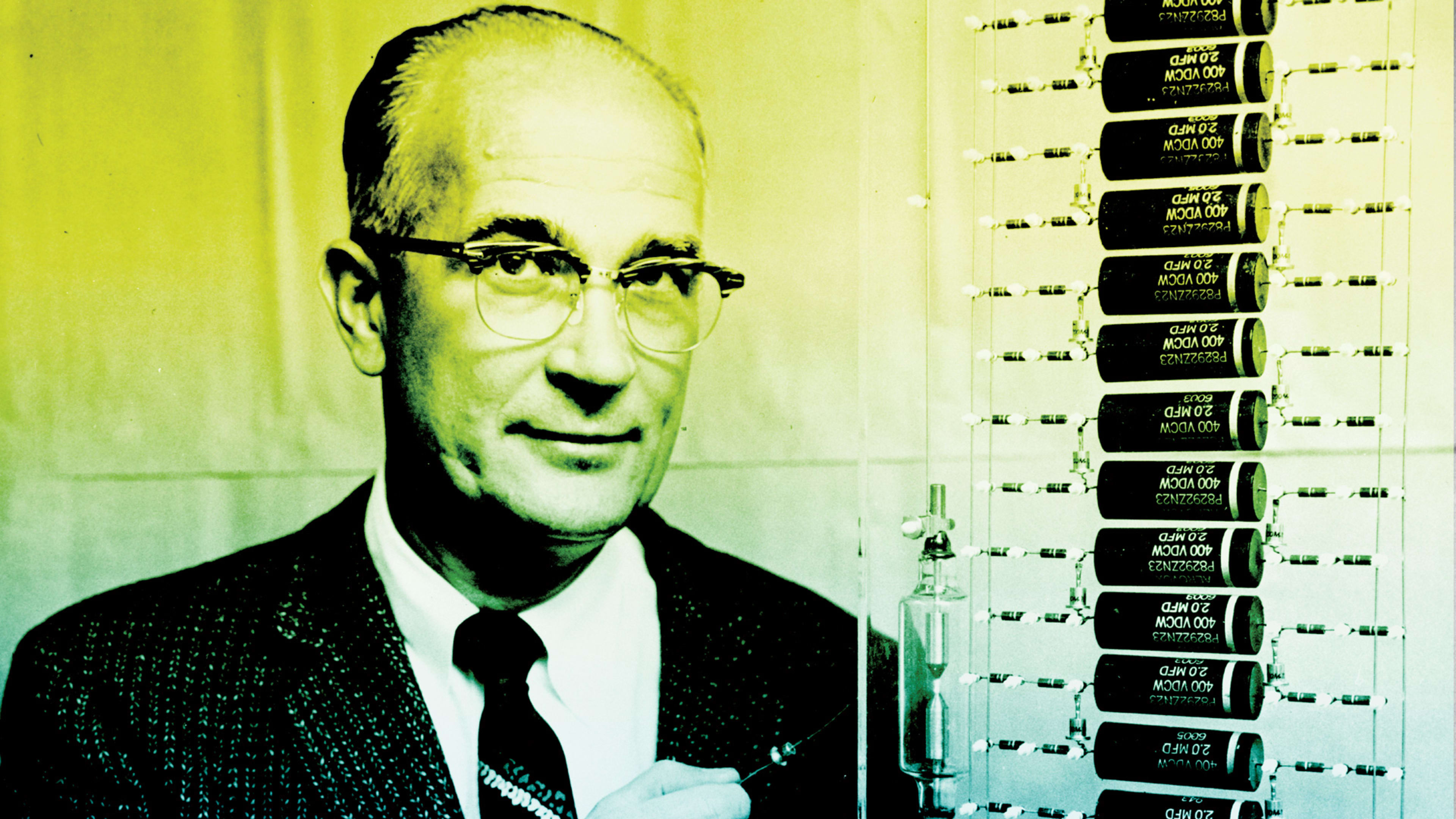Companies in Silicon Valley have pioneered personal computers, smartphones, biotech, and more. But perhaps the greatest creation of technology industry located between in the Santa Clara Valley between San Francisco and San Jose is its image as the engine of progress for both the United States and the world. The Valley’s denizens started to cultivate this perception even before the transistor and integrated circuit gave birth to the semiconductor industry in the 1950s and 1960s. But for almost as long as Silicon Valley has been an idea, there’s been evidence of the kind of bad ideas, bad faith, and rapacious greed more associated with much of the rest of the business world. With the confluence of recent events shining a harsher light on Silicon Valley and its influence on society at large, consider just 20 times(!) when news broke that the ideals Silicon Valley likes to promote about itself may be built on sand.
1. May 1963
William Shockley, the Nobel Prize-winning physicist who co-created the transistor—the building block that put the silicon in Silicon Valley—gives a speech in which he reveals that he’s a eugenicist. His peers condemn his unscientific racial theories, but his views are a harbinger for the current gulf between Silicon Valley’s meritocratic rhetoric and its not-so-diverse reality.

2. June 1975
NBC News airs a series detailing how the Pentagon has used Arpanet, its new computer network (and internet forerunner), to spy on antiwar and civil rights activists. “Congress has always been afraid that computers, if all linked together, could turn the government into ‘Big Brother,'” the show reports.
3. May 1982
Residents of Santa Clara County, where Silicon Valley lies, discover that underground chemical tanks from companies such as Fairchild Semiconductor, Hewlett-Packard, and Intel have contaminated their drinking water, which locals say has caused birth defects and miscarriages. The area is now home to 23 Superfund sites.
Recognize your brand’s excellence by applying to this year’s Brands That Matter Awards before the early-rate deadline, May 3.
